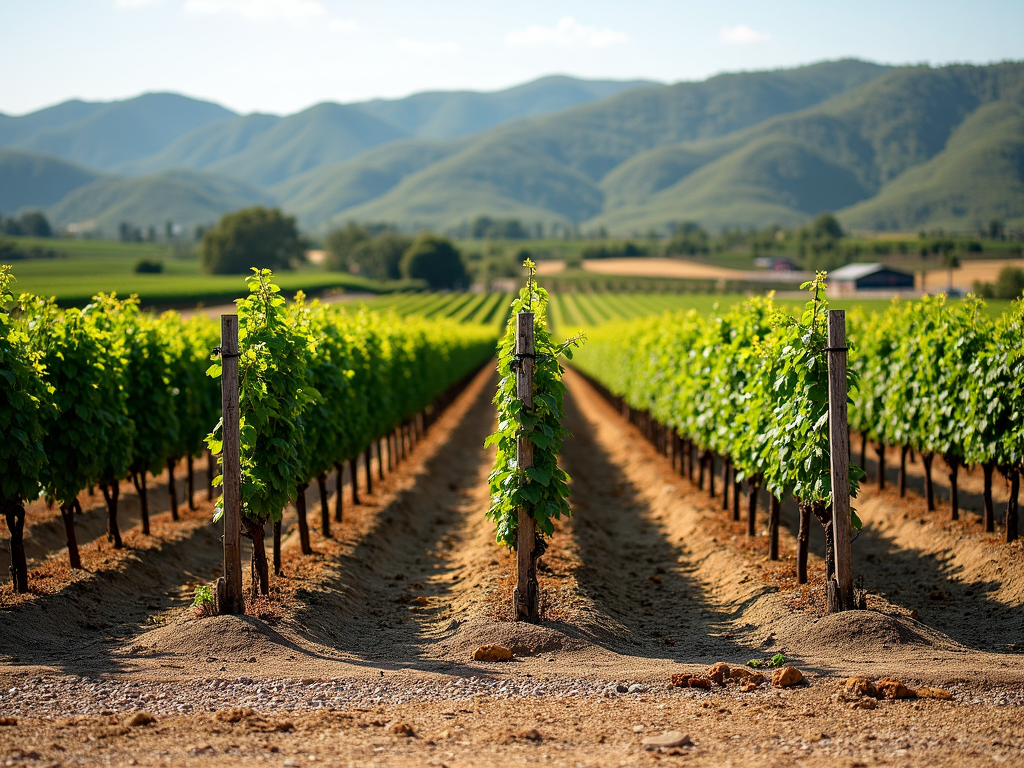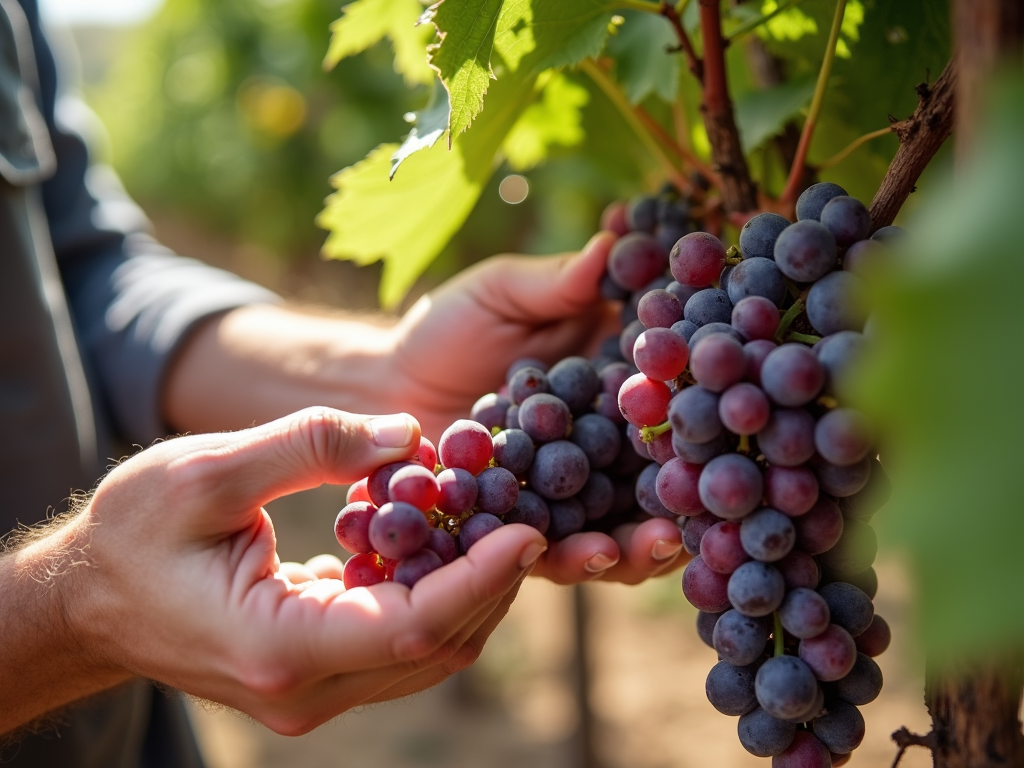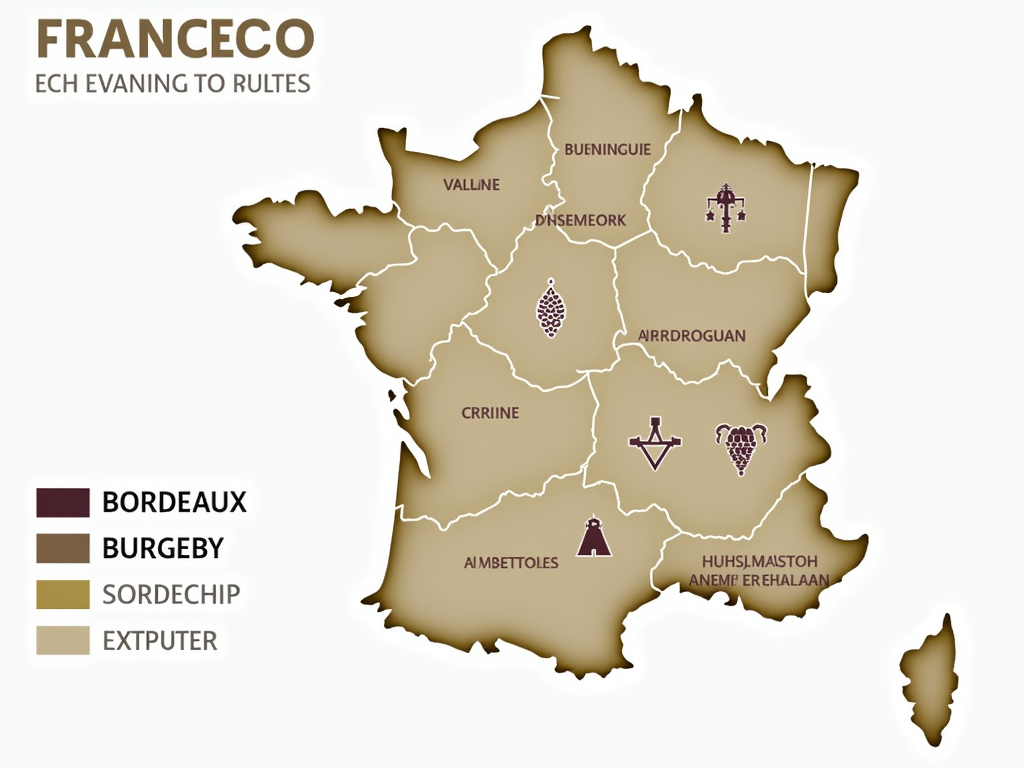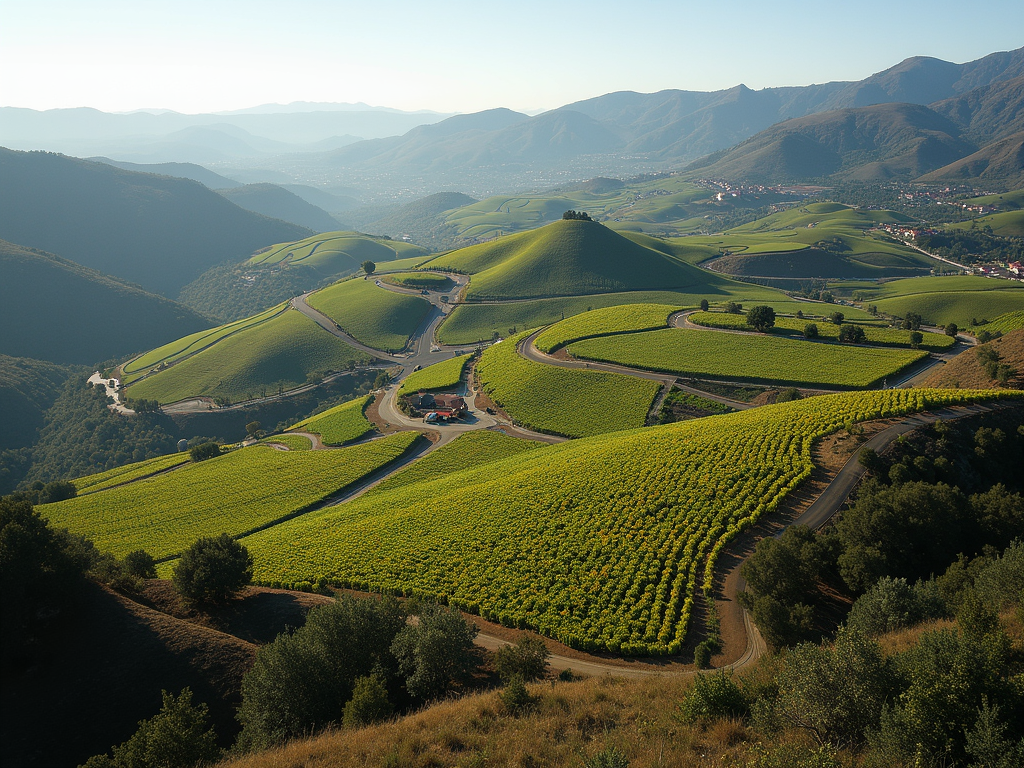The Role of Terroir in Wine Quality
Overview/Summary
Terroir, the unique combination of soil, climate, and topography, plays a crucial role in determining the quality and character of wine. This article delves into how these factors shape wine production, featuring insights from Beringer and examples from around the world.
What is Terroir?
Terroir is a French term that captures the essence of a wine's origin. It encompasses the environmental conditions in which grapes are grown, including:
- Soil: The foundation of terroir, soil types like limestone, clay, or gravel provide distinct minerals that grapes absorb, influencing flavor.
- Climate: Weather patterns, such as temperature, rainfall, and sunlight, affect grape ripening and sugar levels.
- Topography: The physical features of the land, including elevation, slope, and aspect, impact sun exposure and drainage.
- Microorganisms: Local yeast and bacteria can uniquely influence fermentation and flavor profiles.
Understanding terroir is essential for appreciating why wines from different regions taste distinct, even when made from the same grape varieties.

Impact on Wine Quality
Terroir significantly affects wine quality in several ways:
- Flavor and Aroma: For instance, wines from chalky soils often exhibit a minerality, while those from warmer climates may be fruitier. A study by the University of California, Davis highlights how soil composition directly influences the chemical compounds in grapes.
- Complexity: Diverse terroir can lead to wines with greater depth and complexity, as the interplay of environmental factors adds layers of flavor.
- Consistency: By understanding terroir, winemakers can make informed decisions to maintain quality across vintages, even in challenging years.
This is why wine enthusiasts often seek out bottles from specific regions, knowing that terroir imparts a unique signature to each wine.

Case Study: Beringer
Beringer, a renowned wine brand from Napa Valley, exemplifies the importance of terroir in wine production. Founded in 1876, Beringer has a long history of crafting high-quality wines that reflect the unique characteristics of their vineyards.
- Vineyard Selection: Beringer carefully selects vineyards with specific soil and climate conditions to produce their diverse portfolio, from robust Cabernets to elegant Chardonnays. For example, their Knights Valley vineyards, with volcanic soils, produce wines with intense fruit flavors and firm tannins.
- Sustainable Practices: Beringer employs sustainable farming techniques, such as minimal intervention winemaking, to allow the terroir to shine through in their wines. This approach ensures that the natural expression of the land is preserved in every bottle.
By prioritizing terroir, Beringer has established itself as a leader among wine brands, consistently delivering exceptional wines that reflect the essence of Napa Valley.

Global Perspectives
Terroir's influence is evident in wine regions worldwide:
- France: Bordeaux's gravel soils are ideal for Cabernet Sauvignon, producing wines with structure and longevity, while Burgundy's limestone slopes are perfect for Pinot Noir, yielding elegant and complex wines.
- Italy: Tuscany's varied terroir, from the hilly Chianti region to the coastal Maremma, produces a range of wines, each with distinct characteristics.
- New World: In Napa Valley, the diverse microclimates and soil types allow for a wide variety of wines, while Australia's Barossa Valley is known for its old-vine Shiraz, thriving in the region's warm climate and sandy soils.
These examples illustrate how terroir shapes the identity of wines from different parts of the world, making each region's offerings unique.

Challenges and Controversies
Despite its importance, the concept of terroir faces several challenges:
- Modern Winemaking Techniques: Some argue that advanced techniques, such as micro-oxygenation or reverse osmosis, can overshadow the natural expression of terroir. However, many winemakers, including those at Beringer, strive to balance technology with tradition to preserve terroir's influence.
- Climate Change: Rising temperatures and changing weather patterns threaten traditional terroir characteristics, forcing winemakers to adapt their practices. A report by the International Organisation of Vine and Wine discusses the impact of climate change on viticulture.
- Marketing vs. Reality: Critics sometimes claim that terroir is more about marketing than actual taste differences. Yet, blind tastings and scientific studies continue to demonstrate the discernible impact of terroir on wine quality.
These debates highlight the complexity of terroir and its evolving role in the wine industry.
Summary
Terroir is a fundamental concept in wine production, shaping the quality and uniqueness of wines from different regions. By understanding and respecting terroir, winemakers like Beringer create exceptional wines that reflect their origins. As the wine industry navigates challenges like climate change and technological advancements, the appreciation for terroir remains a cornerstone of wine culture.